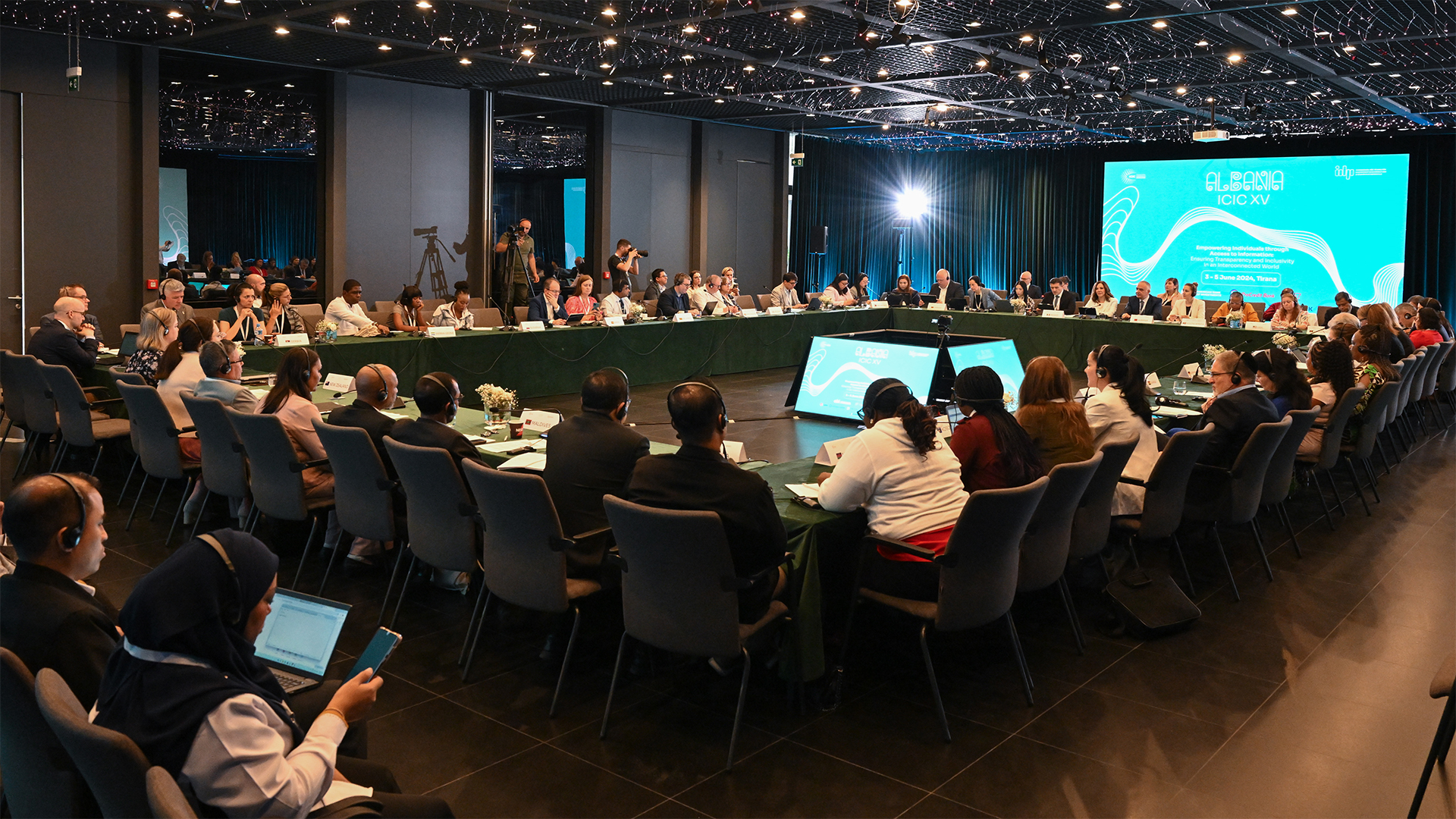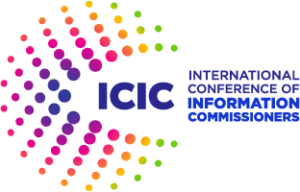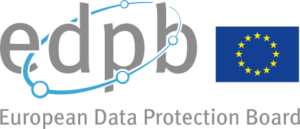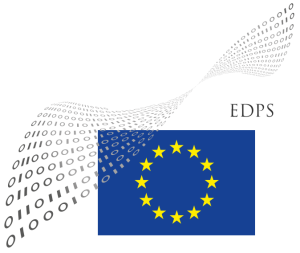Public Statement
XV Edition of the International Conference of Information Commissioners
We, the Information Commissioners, members of the International Conference of Information Commissioners (ICIC), convened on June 5, 2024, in the proceedings of the 15th Edition of our Annual Conference, held in virtual mode and in the capital of Albania, Tirana, issue the following Statement:
Recalling that the Johannesburg Charter underpins the ICIC, serving as a cornerstone for global cooperation among member authorities tasked with safeguarding and promoting ATI. Operating on principles of inclusivity, universality, transparency, responsibility, ethics, accessibility, respect, and accountability, the ICIC facilitates capacity building and the exchange of experiences and best practices. Through this network, information commissioners worldwide collaborate to ensure the fundamental right of access to information is upheld and advanced for all individuals.
Highlighting that ATI as a fundamental pillar to social, economic and democratic governance is underscored by its incorporation into various international and regional human rights acts, including prominent treaties such as the Universal Declaration of Human Rights and the Charter of Fundamental Rights of the European Union the International Covenant on Civil and Political Rights, the United Nations Convention on the Rights of the Child, the United Nations Convention on the Rights of Persons with Disabilities, the United Nations Convention against Corruption, the African Charter on Human and Peoples’ Rights, the American Convention on Human Rights, the European Convention on Human Rights, the Association of Southeast Asian Nations Human Rights Declaration, the Council of Europe Convention on Access to Official Documents, the Regional Agreement on Access to Information, Public Participation and Justice in Environmental Matters in Latin America and the Caribbean (Escazú Agreement), among others.
Acknowledging the 2030 Agenda for Sustainable Development, unanimously adopted by all United Nations Member States in 2015, which serves as a collective framework for fostering global peace and prosperity for both humanity and the planet. This agenda notably incorporates target 16.10, which aims to ensure ATI and the protection of fundamental freedoms, in accordance with national legislation and international agreements, urging countries to adopt and implement constitutional, statutory and/or policy guarantees for ATI. 2
Recognizing that the Open Government Partnership (OGP) plays an important role in fostering transparency, accountability, and citizen engagement in governance. Through its collaborative platform, the OGP encourages governments to commit to concrete actions aimed at promoting ATI and enhancing public access to government-held information. By embracing principles of openness and accountability, participating countries not only bolster trust between citizens and their governments but also empower individuals to access information, participate in decision-making processes, and hold authorities accountable for their actions. Moreover, the OGP serves as a catalyst for the development of ATI policies and practices, facilitating knowledge-sharing and peer-learning among member countries.
Considering the key role of civil society and the media in promoting ATI contributing to the improvement of transparency, accountability, and democratic governance, emphasising the advocacy, monitoring and promotion work. Their efforts often include empowering marginalized communities to exercise their right to access information and participate in decision-making processes. Similarly, the media plays a vital role in ensuring public access to information by investigating and reporting on government activities, exposing corruption, and holding officials accountable. Journalists act as intermediaries between governments and citizens, providing essential information for informed public discourse and decision-making.
Embracing digital technologies presents an unprecedented opportunity to enhance transparency while also upholding crucial values such as individuals’ privacy and ethical considerations. By leveraging digital platforms and tools, governments can increase the accessibility of information, streamline administrative processes, and foster greater citizen engagement. However, it is imperative to prioritize ethics and values such as data protection, privacy rights, and cybersecurity in the implementation of digital initiatives. Safeguarding sensitive information and ensuring transparency about data collection, storage, and usage are essential for maintaining public trust and respect for individuals’ privacy. Moreover, governments must be vigilant in addressing potential risks of digital exclusion and discrimination, ensuring that digital innovations benefit all segments of society equitably.
The ICIC members are committed to:
1. Promoting transparency by advocating for the implementation of ATI laws and policies that foster openness and transparency in public authorities to improve services, reduce asymmetries and promote citizen participation.
2. Helping ensure government accountability by overseeing compliance with ATI legislations and investigating complaints of information denial or poor management.
3. Striving to empower civil society organizations and media outlets to actively engage in promoting ATI at citizen level, fostering a culture of transparency, and helping enable the accountability of government and thus actively collaborate in decision making.
4. Promoting innovation by recognizing the potential of digital technologies to enhance transparency, and if applicable, taking into consideration that digital initiatives should respect individuals’ privacy rights, maintain access to information about government decision-making and uphold ethical standards.
5. Facilitating public awareness campaigns to educate citizens about their right to access information, the role of ATI in democratic governance, and the importance of transparency and accountability.
6. Engage the multistakeholder cooperation efforts, such as the ICIC, to exchange best practices, build capacity, and promote ATI on a global scale.
7. Call United Nations agencies and multilateral organizations to integrate ATI as one of the major accountability tools on their agenda while dealing with governments.
8. Call UNESCO to organize a meeting of all the governments including information commissions and get universal commitment on ATI from governments.
9. Promoting the transparency by design principles to increase the ease and speed of ATI for all sectors of the population, taking transparency into account in the early phases of designing new systems, administrative processes, procedures, and governance models and embedding it in their daily operations.











